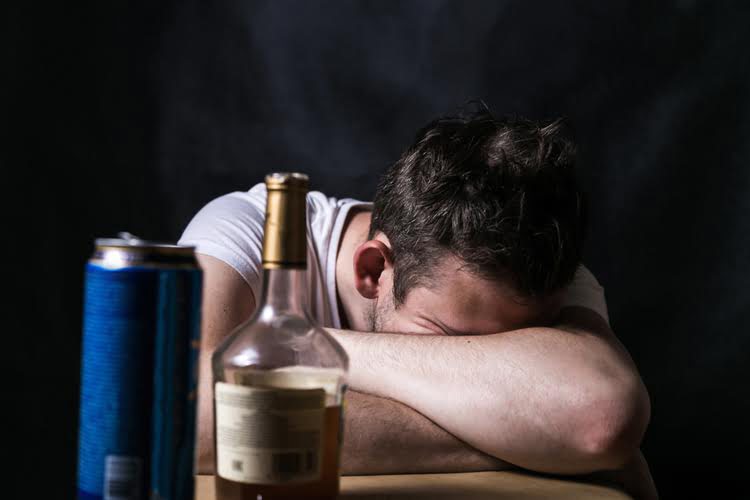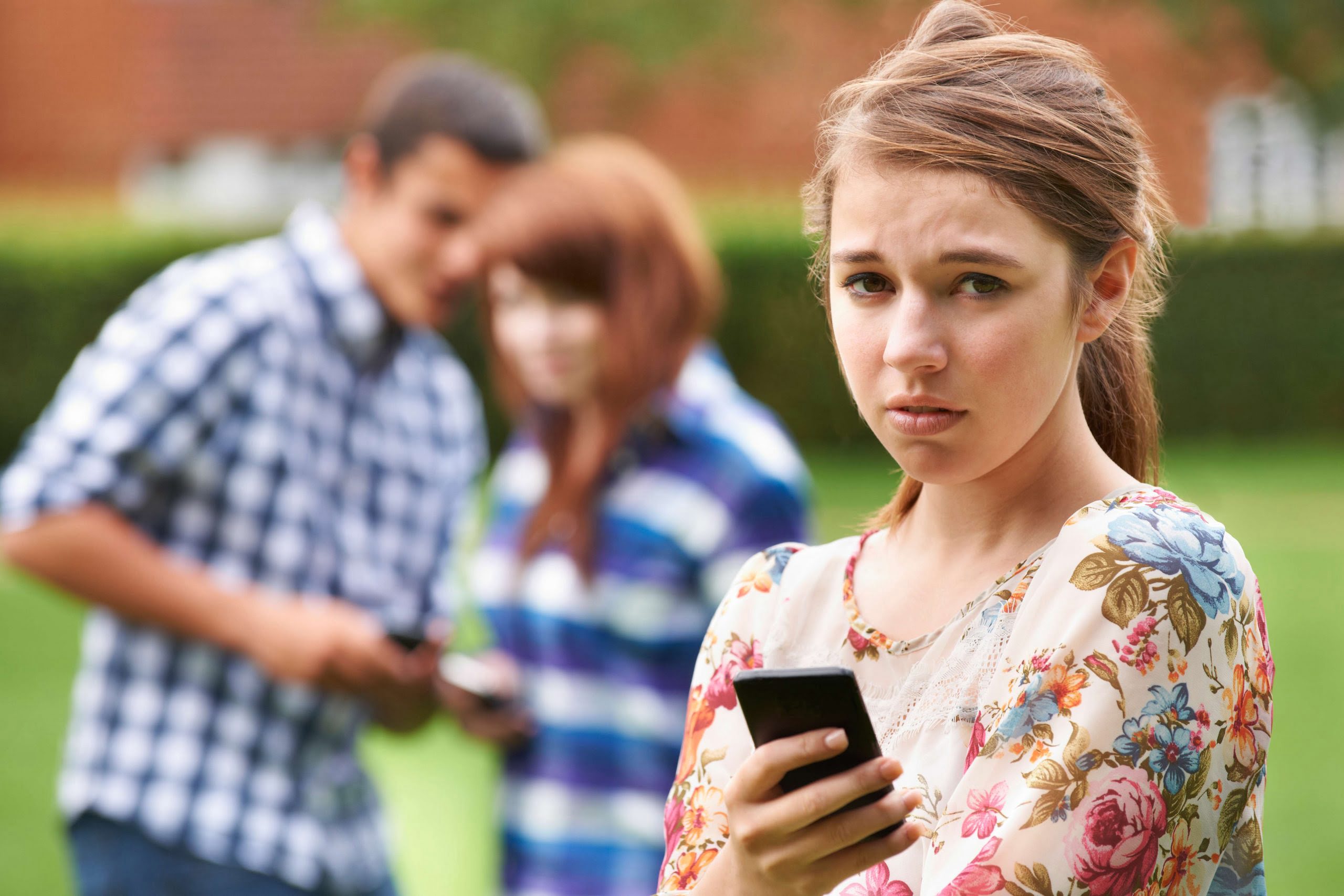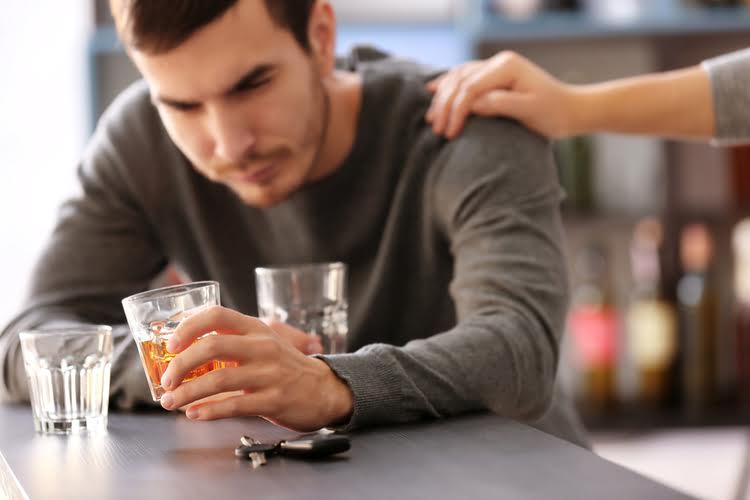It’s important to note that alcohol use disorder is a serious illness that can have life-threatening consequences. Twelve-step program It’s important to see your healthcare provider if you are concerned about your alcohol use. Dr. Michael Yang is a board-certified neurologist and headache specialist at the Gundersen Health System in Wisconsin. He is an active member of the American Headache Society and the American Academy of Neurology. Dr. Yang is currently actively involved in several research projects on migraine. You’ll meet millions of fellow Reframers in our 24/7 Forum chat and daily Zoom check-in meetings.
If you notice consistent patterns, then chances are it’s the alcohol that’s causing your migraine headache. You may try avoiding those drinks in the future to prevent migraine attacks. Any alcoholic beverage can dilate blood vessels in the brain and cause a headache. Avoid drinking wine, beer, or liquor on an empty stomach or when you’re dehydrated. But if you have two at a sitting, they should be separated by at least an hour. Ethanol is the primary toxin responsible for why alcohol makes you drunk.
Association between migraine and HSS scales
There are exceptions to this rule, however, such as tequila—a light-colored liquor that nevertheless carries high levels of congeners. These headaches cause very intense pain that often primarily affects the area behind one eye. More than half of those who experience cluster headaches say that alcohol is a trigger. A 2015 study suggests that the inactivity of alcohol dehydrogenase 2, an enzyme that helps break down alcohol, might contribute to hangover headaches.
- Drinking alcohol could create more of a risk factor for tension headaches in some people, but truth be told, people who don’t drink alcohol at all can still get tension headaches.
- Reducing your alcohol intake is the best way to avoid these headaches completely.
- Scientific evidence shows that alcohol use suppresses glutamate activity in the brain, which our body tries to neutralize by increasing glutamate production.
- While red wine has been described as a dominant trigger of migraines and cluster headaches, white wine, champagne, sparkling wines, and beer have also been linked to headaches.
Alcohol consumption
You think that hangover headaches only happen to people who drink a lot over the course of several hours. However, anyone who gets a headache after drinking a small amount of alcohol knows this isn’t the case. Data were analyzed using IBM® SPSS® Statistics, Version 20 software. The headaches often occur along with other symptoms related to drinking alcoholic beverages.

We use only trustworthy sources, including peer-reviewed studies, board-certified medical experts, patients with lived experience, and information from top institutions. There’s no proof that drinking raw eggs or downing hot sauce will https://asianaeventmanagement.com/does-alcohol-dehydrate-you-waterdrop/ get rid of your morning-after migraine faster. Downing more alcohol (the “hair of the dog” theory) won’t help either. You might have heard that red wine is most likely to cause problems. But other drinks like sparkling wine, beer, and hard liquor may be just as likely, if not more, to cause problems. Once it gets into your system, it is converted into a chemical that triggers migraine.
How the Brain Forms, Breaks, and Rebuilds Alcohol Associations
- Staying hydrated and drinking in moderation can decrease the chance of experiencing a headache.
- Tannin, a component in red wine, has been long considered the culprit.
- Migraine sufferers consume less alcohol, especially beer and liquors, and are more vulnerable to migraine-like hangover symptoms than nonsufferers.
Research shows that people with migraine may also experience related symptoms during a hangover. Reducing or eliminating alcohol may reduce the frequency of migraine attacks. It may also help eliminate triggers that tend to co-occur with drinking, such as dehydration and sleep deprivation. Although any type of alcohol can trigger a migraine, people who experience regular migraine attacks cite red wine as the most frequent culprit. Alcohol can trigger headaches including tension and cluster headaches, as well as migraine headaches. If you’re a migraine sufferer, you’ll likely be well versed in noting down any and all headache triggers.
The Truth About “Cocktail Headaches”
But drinking too much alcohol of any color can still make you feel bad the next morning. Generally, the more alcohol you drink, the more likely you are to have a hangover the next day. But there’s no easy way to know how much you can safely drink and still avoid a hangover.
Hangover Headache Symptoms
- But the only guaranteed way to prevent a hangover is to not drink alcohol.
- Although genetic factors influence the risk of having migraine, environmental triggers can cause episodes or increase their frequency.
- Relaxation techniques may help ease stress-related migraine episodes, and they may make migraine episodes feel less severe when they do happen.
- Research shows that people with migraine may also experience related symptoms during a hangover.
The occasional discomfort is often a warning sign of potential future issues. While dehydration and vasoconstriction are part of why we feel cocktail headaches, there’s a deeper layer to the story. Alcohol influences neurotransmitters in the brain, including serotonin, a neurotransmitter that regulates our mood and perception of pain. Alcohol has many undesirable effects on our body, and cocktail headaches are one of those uncomfortable symptoms.
These are called immediate and delayed alcohol-induced headaches. Another thing that remains unclear is if the quantity and type of alcohol you drink determines whether you will get a migraine headache. But some people are more likely to have hangovers than others are. A difference in a gene that affects the way the body breaks down alcohol may make some people flush, sweat or become ill after drinking even a small amount of alcohol.


The first step towards confronting alcoholism is acknowledging that you have an alcohol problem, as well as the toll it may be taking on your life. Once you’ve reached this important milestone, talk to your doctor, a therapist, or a counselor who can help recommend treatment for alcohol dependence. Don’t listen to all the weird, outlandish recipes that are purported to help “cure” a hangover. Ingredients like raw eggs, spices, and the numerous preservatives used in processed or fast foods can make symptoms like nausea and vomiting worse. Because alcohol’s a diuretic — it causes your body to increase how much urine it produces. This makes you lose fluids and electrolytes at a faster rate, so you’ll get migraines and alcohol dehydrated much more quickly.
In fact, many headache sufferers abstain from alcohol or consume less than the general population. In addition to red wine, other alcoholic beverages, including beer, white wine, and liqueur, have also been reported as headache triggers. Even people who are not prone to headaches will get a headache after a night of heavy alcohol consumption. One or two drinks with food and water over time might be safe for you, but three or more will produce a hangover headache for many people.
Migraines in general have been linked to variations in genes, especially those that regulate blood flow to the brain. Substances such as sulfites, histamine, and tyramines are found in alcohol and may contribute to headaches as well. It has also been proposed that alcohol triggers an inflammatory response that can lead to a headache. Just like food triggers, alcohol headache triggers are individual, varying from person to person. Tracking your own patterns may allow you to enjoy the party after all.